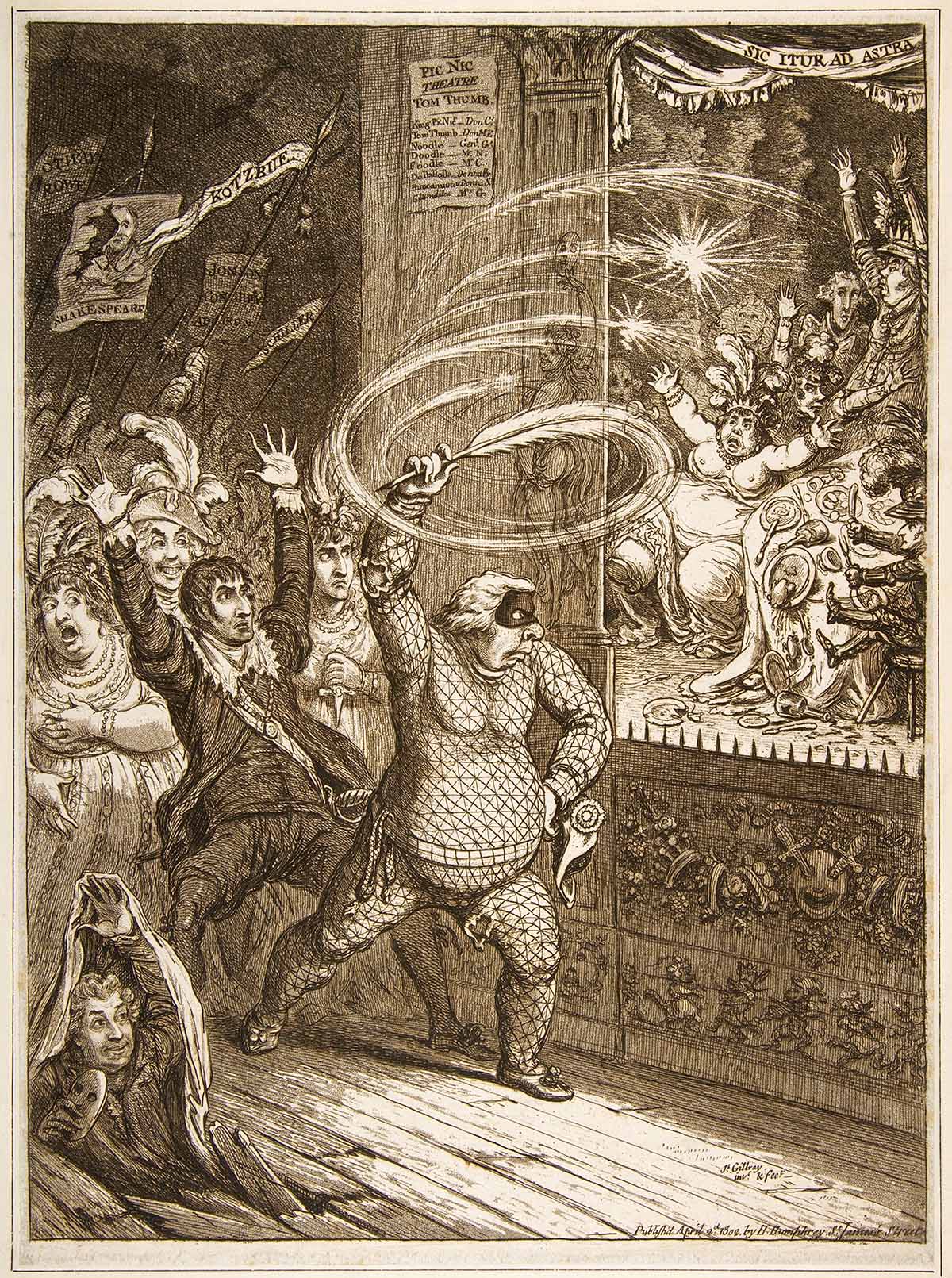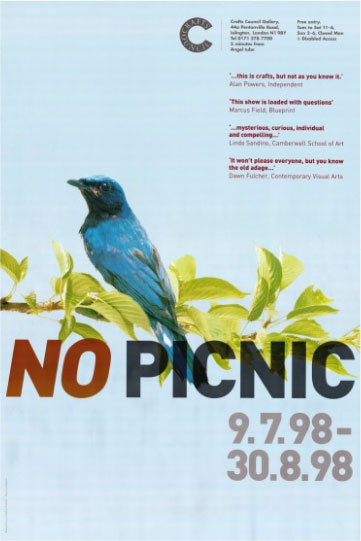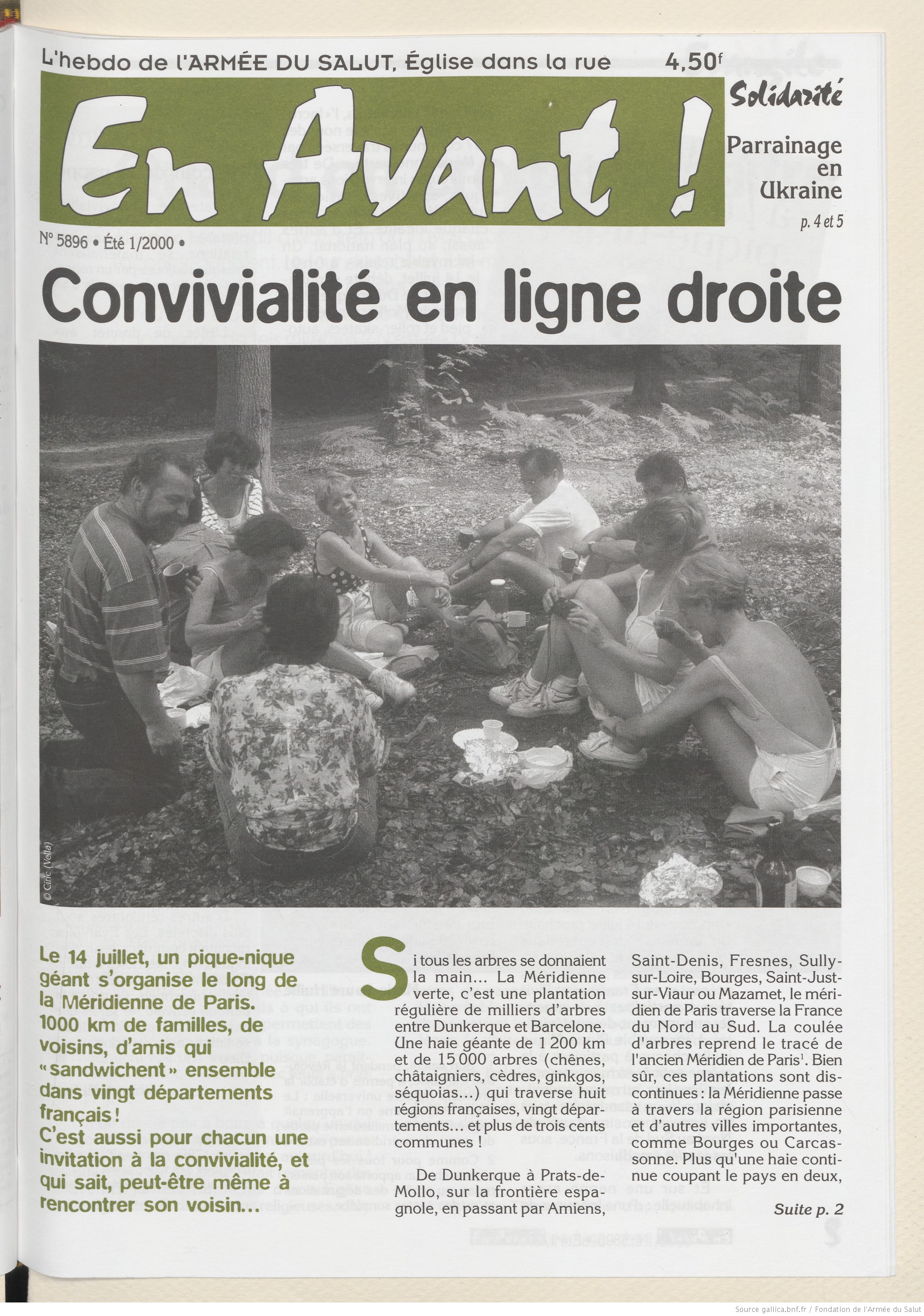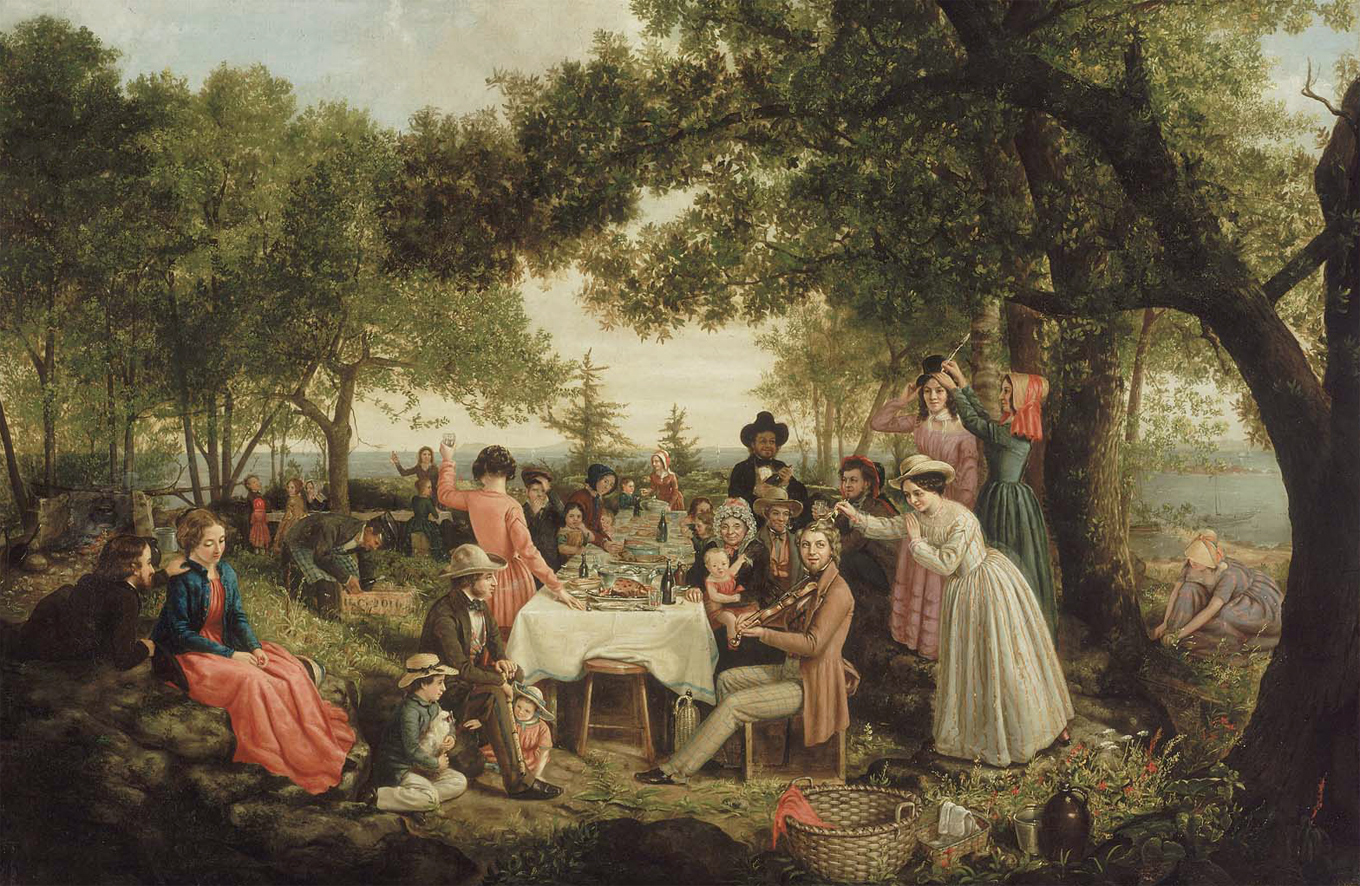This website places cookies on your computer to improve your experience.
By continuing to browse the site, you are agreeing to our use of cookies.
For more details, see our cookie policy︎︎︎
It all started with a picnic...
Pique-nique: XVIIᵉ siècle. Composé de pique, forme conjuguée de piquer, et de nique, au sens de «petite chose sans valeur»
It all started with a picnic...
Pique-nique: XVIIᵉ siècle. Composé de pique, forme conjuguée de piquer, et de nique, au sens de «petite chose sans valeur»
Pique-nique: XVIIᵉ siècle. Composé de pique, forme conjuguée de piquer, et de nique, au sens de «petite chose sans valeur»
First
plans for the DHS Student Forum pre-conference events took place during the
northern-hemisphere winter of 2020-21 under strict lockdown rules. Siting
together to eat and enjoy each other’s company under the sun still is one of
the most desirable events on the horizon of the forum; but, at that particular
juncture, it could not have sounded more appealing. At the apex of social
distancing, everything about picnics had a magical aura about it: chatter,
spontaneity, communality, warmth, fresh air, the closeness that a blanket on a fine patch of grass imposes on the bodies, the simplicity of
contributing something modest to a memorable day. What else could one hope for?
Design historians could certainly make a feast out of all things picnic related. The initial plans invited reflections on picnic waste and the environment; garden and leisure furniture; cookery and recipe books; memorable literary picnics; local histories of picnicking; staged picnics and activism; picnic family photographs; the past and the future of eating together; effects of the pandemic on outdoors activities. Mingling was to be expected, and the dress code called for comfy. Furthermore, the event was named the anti-banquet picnic: our metaphorical gathering was to be relaxed and airy, albeit digitally mediated.
As all experienced picnickers would expect, as soon as a CfP (Call for Picnic) is unleashed, the event takes a life of its own. The pre-conference programme turned out to be a two days camping trip! Thanks to an enthusiastic organising committee and to the continuous support of the society’s chair, Claire O’Mahony, the Design History Society is hosting three events free and open to everyone as a warm up to the DHS 2021 Annual Conference:
Oral histories of researching — community building workshop
Dear penpal... meet and greet — community building session
Recording & Inventing — image-making workshop
These three events aim to further enrich the pre-conference activities (such as the DHS Publishing Workshops). A combination of hands-on and community building workshops will provide participants with a space for exchange outside of the boundaries of academic-speak. The sessions were carefully curated to bring together researchers who will be attending the conference and anyone curious about design history.
The events respond to the conference’s theme, Memory Full? Reimagining the relations between design and history, by exploring the playful, yet critical, motto forget-full? An invitation to reflect on practices that produce erasure, ostracism, forgetfulness. This is the first DHS conference to take place since the start of the pandemic, but also the first to follow the murder of George Floyd in Minneapolis. Darnella Frazier, seventeen years old at the time, captured this brutal moment in a 10 minutes film viewed by millions of people around the world. It sparked a wave of protests that clearly informed the urgency to foreground, also in the field of Design History, practices of disremembrance that underlie violence against black and other minoritised communities (read the DHS’s solidarity statement). Like the Black Lives Matter movement, other events were very much part of the conversations while the forget-full? series was being planned: the farmers’ strikes in Delhi; the blast in Beirut; the toppling of the Colston statue in Bristol; the stark economic inequalities deepened by the ongoing coronavirus pandemic—affecting women in particular.
Students have shown extraordinary resilience since the start of the pandemic in all corners of the world, and it was no different among students interested in design history. For many of us, June to August 2020 were not only the pandemic’s summer, but the summer of the widely attended seminar modernity + coloniality offered online by Ahmed Ansari to introduce design students to the work of non-white, non-anglo-european, scholars and activists on the history and hegemony of the modern world-system. The interest shown in Ansari’s course, in the midst of so much uncertainty (but perhaps precisely as a result of it), was remarkable. Initiatives driven by similar discussions sprang elsewhere: notably, the pluriversal design book club and the design and oppression network; both online and with direct engagement of students.
In the Design History Society, students’ commitment to keep debate going throughout the pandemic was also felt: exceptionally quickly, students more immediately involved with the society (recent awardees and essay prize winners, the DHS ambassadors and student representative) devised a programme of bimonthly encounters to learn first-hand about student-led projects such as the Design in Quarantine archive, founded by Anna Talley and Fleur Elkerton; or Denise Lai’s collaboration with the Malaysian Design Archive on the Wawasan 2020 project. The series of events also included a debate on what design history is, with Andrea Foffa and Alex J Tood; a discussion about design historians’ uses of social media, with Gael Welstead, Jenna Allsopp and Artun Özgüner; and a round of lightning-talks about the role of practice in design historical research, with Jennifer McHugh.
With the forget-full? series, the DHS Student Forum moves ever closer to the issues that first sparked its formation: how to collectively respond, as design historians, to unprecedent global crises? How can we lend historical context to the challenges faced by designers working to stop climate catastrophe, poverty, police violence, racism, digital colonialism? The DHS 2021 Annual Conference Memory Full? promises an impressive round of discussions. I hope the pre-conference programme will contribute to stirring these most pressing debates.
In an act of heartfelt generosity and in acknowledgement of the community-building role of the student forum, the convenors of the conference, Monica Gaspar and Meret Ernst, offered us the opportunity to curate a keynote speaker for the DHS 2021 Annual Conference. As a student representative, my determination in this process was to guarantee ample consultation and direct involvement of all the forum’s participants. A shortlist was presented to the convenors, from which they decided, I am thrilled to say, for Ahmed Ansari—I am sure his intervention will be very much appreciated by the forum and hope all conference’s attendees will enjoy it.
Welcome everyone, the grounds are now open!
Tai Cossich
Design historians could certainly make a feast out of all things picnic related. The initial plans invited reflections on picnic waste and the environment; garden and leisure furniture; cookery and recipe books; memorable literary picnics; local histories of picnicking; staged picnics and activism; picnic family photographs; the past and the future of eating together; effects of the pandemic on outdoors activities. Mingling was to be expected, and the dress code called for comfy. Furthermore, the event was named the anti-banquet picnic: our metaphorical gathering was to be relaxed and airy, albeit digitally mediated.
As all experienced picnickers would expect, as soon as a CfP (Call for Picnic) is unleashed, the event takes a life of its own. The pre-conference programme turned out to be a two days camping trip! Thanks to an enthusiastic organising committee and to the continuous support of the society’s chair, Claire O’Mahony, the Design History Society is hosting three events free and open to everyone as a warm up to the DHS 2021 Annual Conference:
Oral histories of researching — community building workshop
Dear penpal... meet and greet — community building session
Recording & Inventing — image-making workshop
These three events aim to further enrich the pre-conference activities (such as the DHS Publishing Workshops). A combination of hands-on and community building workshops will provide participants with a space for exchange outside of the boundaries of academic-speak. The sessions were carefully curated to bring together researchers who will be attending the conference and anyone curious about design history.
The events respond to the conference’s theme, Memory Full? Reimagining the relations between design and history, by exploring the playful, yet critical, motto forget-full? An invitation to reflect on practices that produce erasure, ostracism, forgetfulness. This is the first DHS conference to take place since the start of the pandemic, but also the first to follow the murder of George Floyd in Minneapolis. Darnella Frazier, seventeen years old at the time, captured this brutal moment in a 10 minutes film viewed by millions of people around the world. It sparked a wave of protests that clearly informed the urgency to foreground, also in the field of Design History, practices of disremembrance that underlie violence against black and other minoritised communities (read the DHS’s solidarity statement). Like the Black Lives Matter movement, other events were very much part of the conversations while the forget-full? series was being planned: the farmers’ strikes in Delhi; the blast in Beirut; the toppling of the Colston statue in Bristol; the stark economic inequalities deepened by the ongoing coronavirus pandemic—affecting women in particular.
Students have shown extraordinary resilience since the start of the pandemic in all corners of the world, and it was no different among students interested in design history. For many of us, June to August 2020 were not only the pandemic’s summer, but the summer of the widely attended seminar modernity + coloniality offered online by Ahmed Ansari to introduce design students to the work of non-white, non-anglo-european, scholars and activists on the history and hegemony of the modern world-system. The interest shown in Ansari’s course, in the midst of so much uncertainty (but perhaps precisely as a result of it), was remarkable. Initiatives driven by similar discussions sprang elsewhere: notably, the pluriversal design book club and the design and oppression network; both online and with direct engagement of students.
In the Design History Society, students’ commitment to keep debate going throughout the pandemic was also felt: exceptionally quickly, students more immediately involved with the society (recent awardees and essay prize winners, the DHS ambassadors and student representative) devised a programme of bimonthly encounters to learn first-hand about student-led projects such as the Design in Quarantine archive, founded by Anna Talley and Fleur Elkerton; or Denise Lai’s collaboration with the Malaysian Design Archive on the Wawasan 2020 project. The series of events also included a debate on what design history is, with Andrea Foffa and Alex J Tood; a discussion about design historians’ uses of social media, with Gael Welstead, Jenna Allsopp and Artun Özgüner; and a round of lightning-talks about the role of practice in design historical research, with Jennifer McHugh.
With the forget-full? series, the DHS Student Forum moves ever closer to the issues that first sparked its formation: how to collectively respond, as design historians, to unprecedent global crises? How can we lend historical context to the challenges faced by designers working to stop climate catastrophe, poverty, police violence, racism, digital colonialism? The DHS 2021 Annual Conference Memory Full? promises an impressive round of discussions. I hope the pre-conference programme will contribute to stirring these most pressing debates.
In an act of heartfelt generosity and in acknowledgement of the community-building role of the student forum, the convenors of the conference, Monica Gaspar and Meret Ernst, offered us the opportunity to curate a keynote speaker for the DHS 2021 Annual Conference. As a student representative, my determination in this process was to guarantee ample consultation and direct involvement of all the forum’s participants. A shortlist was presented to the convenors, from which they decided, I am thrilled to say, for Ahmed Ansari—I am sure his intervention will be very much appreciated by the forum and hope all conference’s attendees will enjoy it.
Welcome everyone, the grounds are now open!
Tai Cossich
 Days and Nights in the Forest (1969). Source: Samuel Wigley, 2017. The 12 best picnics on film. British Film Institute︎︎︎
Days and Nights in the Forest (1969). Source: Samuel Wigley, 2017. The 12 best picnics on film. British Film Institute︎︎︎


[1] Blowing up the Pic-Nic’s, or, Harlequin Quixote Attacking the Puppets (1802). Source: Alexander Lee, 2019. The History of the Picnic. History Today︎︎︎[2] Poster for No Picnic, a Crafts Council exhibition (1998). Cited in Sandino and Lees-Maffei 2004. Dangerous Liaisons: Relationships between design, craft and art. In Journal of Design History 17(3) 207-220. Source: No Picnic, 1998. Crafts Council Collections Online︎︎︎
[3] “Le 14 Juillet, un pique-nique géant s’organise le long de la Méridienne de Paris. 1000 Km de families, de voisins, d’amis qui «sandwichent» ensemble dans vingt départements Français!” (2000). Source: En avant: Bulletin hebdomadaire de l’Armée du Salut, 2000. Gallica, Bibliothèque nationale de France︎︎︎


[1] “Campaigners staged a peaceful protest at a Southampton bank to demand action over climate change” (2019). Source: Tom Orde, 2019. Picnic protest at Barclays over bank’s investments. Southern Daily Echo︎︎︎
[2] Picnic in Sutton Forest, New South Wales, Australia (1900). Source: Martin Hogue, 2018. An Illustrated History of the Picnic Table. Places Journal︎︎︎
[3] Un pique-nique en famille, Bois de Boulogne, Paris (1921). Source: Agence Rol. Agence photographique, 1921. Gallica, Bibliothèque nationle de France︎︎︎
[3] Un pique-nique en famille, Bois de Boulogne, Paris (1921). Source: Agence Rol. Agence photographique, 1921. Gallica, Bibliothèque nationle de France︎︎︎
 A Picnick in the Woods of New England (Jerome P. Thompson, 1855) [Museum of Fine Arts, Boston]. Source: Martin Hogue, 2018. An Illustrated History of the Picnic Table. Places Journal︎︎︎
A Picnick in the Woods of New England (Jerome P. Thompson, 1855) [Museum of Fine Arts, Boston]. Source: Martin Hogue, 2018. An Illustrated History of the Picnic Table. Places Journal︎︎︎ “Sadly we’re fighting a losing battle in the parks today. Literally hundreds of people sitting having pizza, beers, wines” (2020). Source: Hackney Police, 2020. Twitter︎︎︎
“Sadly we’re fighting a losing battle in the parks today. Literally hundreds of people sitting having pizza, beers, wines” (2020). Source: Hackney Police, 2020. Twitter︎︎︎
What is this about?
This series of pre-conference events is an initiative of the Design History Society in conjunction with the DHS 2021 Annual Conference hosted virtually from Basel, Switzerland.
All activities are free and open to everyone (those registered and those not registered for the conference), but participants must book via Eventbrite in advance.
This series of pre-conference events is an initiative of the Design History Society in conjunction with the DHS 2021 Annual Conference hosted virtually from Basel, Switzerland.
All activities are free and open to everyone (those registered and those not registered for the conference), but participants must book via Eventbrite in advance.
Organising committee
Tai Cossich
Sandra Bischler
Oral histories of researching
Andrea Foffa
Dear penpal... meet and greet
Fleur Elkerton
Karen Fraser
Felicity Hall
Jennifer McHugh
Recording & Inventing
Anna Talley
Alex J Todd
Jennifer McHugh
With special thanks to...
Jenna Allsopp
Denise Lai
Artun Özgüner
Gael Welstead
Tai Cossich
Sandra Bischler
Oral histories of researching
Andrea Foffa
Dear penpal... meet and greet
Fleur Elkerton
Karen Fraser
Felicity Hall
Jennifer McHugh
Recording & Inventing
Anna Talley
Alex J Todd
Jennifer McHugh
With special thanks to...
Jenna Allsopp
Denise Lai
Artun Özgüner
Gael Welstead
Useful links
Book via Eventbrite
DHS 2021 Annual Conference Memory Full?
Complete programme
Student-curated keynote speaker
Design History Society
Conference Bursary Application
Publishing Workshops
︎ ︎ ︎
© 2021 Design History Society Privacy Policy | Cookie Policy
Book via Eventbrite
DHS 2021 Annual Conference Memory Full?
Complete programme
Student-curated keynote speaker
Design History Society
Conference Bursary Application
Publishing Workshops
︎ ︎ ︎
© 2021 Design History Society Privacy Policy | Cookie Policy


